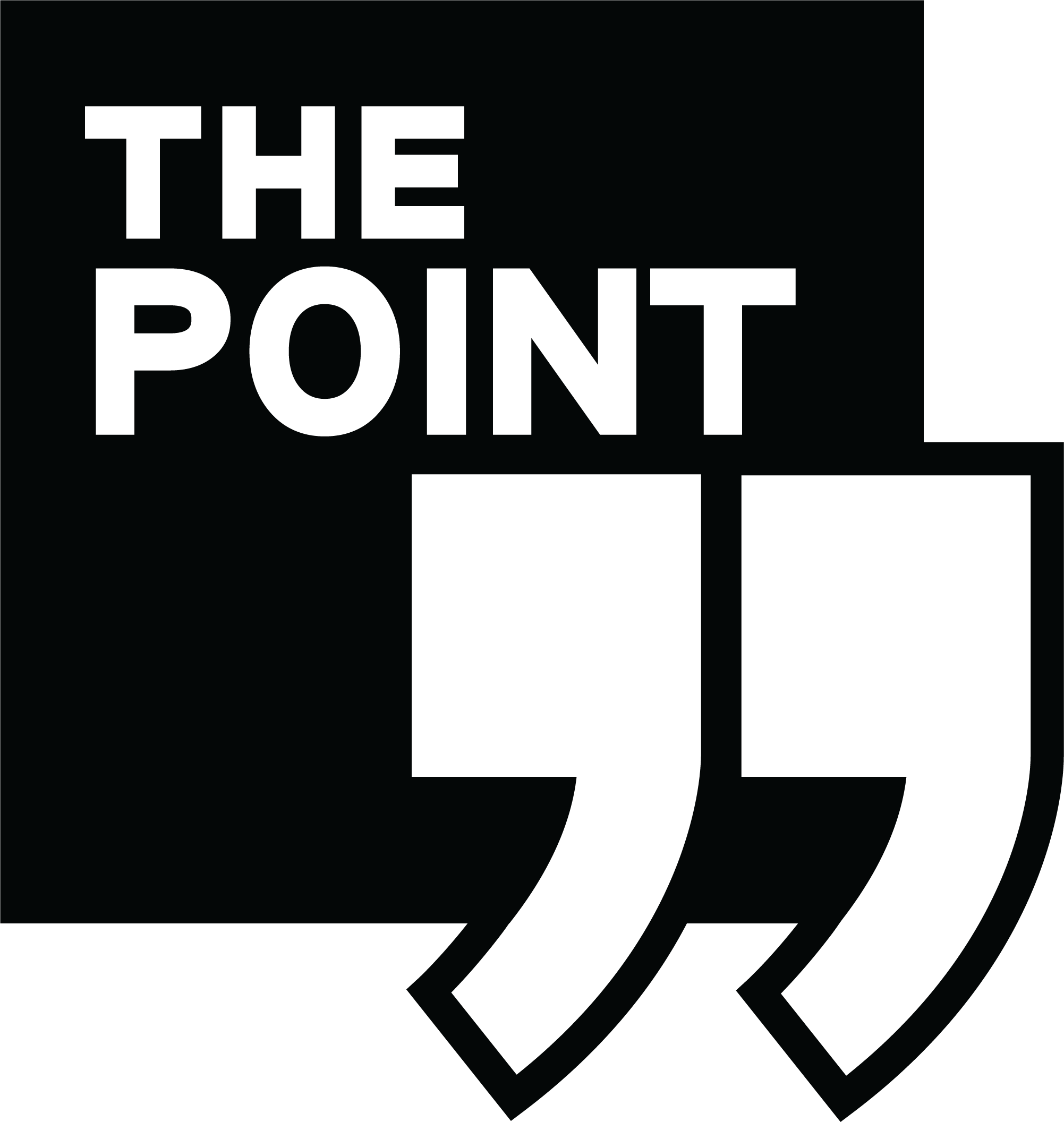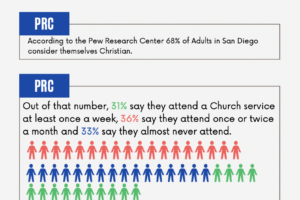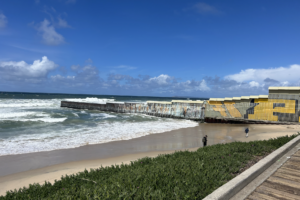At a rally in Houston on Oct. 22, President Trump said, “You know what I am? I’m a nationalist, okay.”
Much of the news media outlets in the country have been furiously scrambling to find some way to make this out to be something horrifying and shocking, which is pretty odd if you think about it. After all, everybody that’s been paying attention already knew that Trump is a nationalist. That’s why we voted for him.
Nationalism was at the core of the 2016 Trump campaign, with nearly every policy being to focus inward and aggressively pursue the self interest of the United States and its people. Trump himself has boiled his agenda down to two simple words: America First.
One of the most controversial manifestations of this is with immigration. During his presidential run, Trump took a very hard stand against immigration even in comparison with his Republican primary opponents. It seemed as if he was the only candidate to really take issue with millions of foreigners living in our country illegally, with more entering everyday.
For decades Americans called for something to be done about this problem and the best our politicians could give us were amnesty plans, sanctuary cities and condescending discussions about diversity and tolerance. Trump was a refreshing exception to this and came to the table offering the average American a fighting chance at defending the demographics and economies of their communities.
The Trump administration’s foreign policy takes an “America first” approach as well. One example is Trump’s harsh skepticism of NATO. The president said in a tweet, “Many countries in NATO, which we are expected to defend, are not only short of their current commitment of 2% (which is low), but are also delinquent for many years in payments that have not been made. Will they reimburse the U.S.?” Trump presents NATO as an outdated agreement that is disproportionately benefitting other member states at the cost of the United States.
Nationalism has also been the guiding principle in Trump’s economic plans. This includes engaging in a “trade war” with China by imposing strong tariffs, renegotiating NAFTA and putting pressure on American corporations to hire more domestically and manufacture in the United States.
Former White House Chief Strategist, Steve Bannon called the Trump economic agenda “economic nationalism.” The goal of all these policies is to put the average American at the focus of the national economy rather than the bottom line.
Perhaps more than anything, America is in need of nationalism. And it needs it now more than ever. Americans are more divided than they’ve been in many decades. They don’t trust their institutions. Political violence is becoming disturbing and more common.
At the root of all of these problems is the fact that people don’t simply disagree on politics, they don’t even agree on what America even is anymore. Being a republic, America will always be filled with disagreement and debate, but in the past there were at least a few values almost everybody could agree on.
Above any particulars on policy, this is the most important part of nationalism: shared values and culture act as a glue holding society together. If we really want our country to be great again, we need to take some guidance from our past and take a long, hard look in the mirror in order to rediscover our national identity.
By: Blake Wilson is a senior political science major








Add Comment